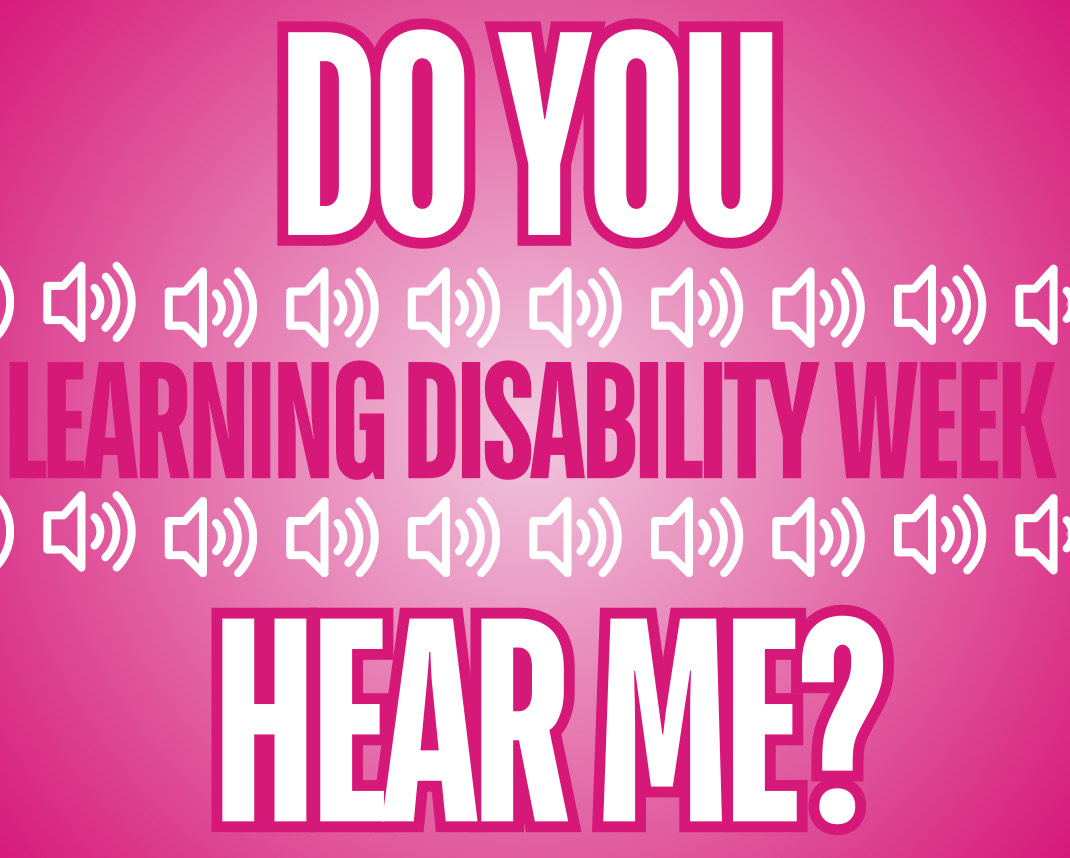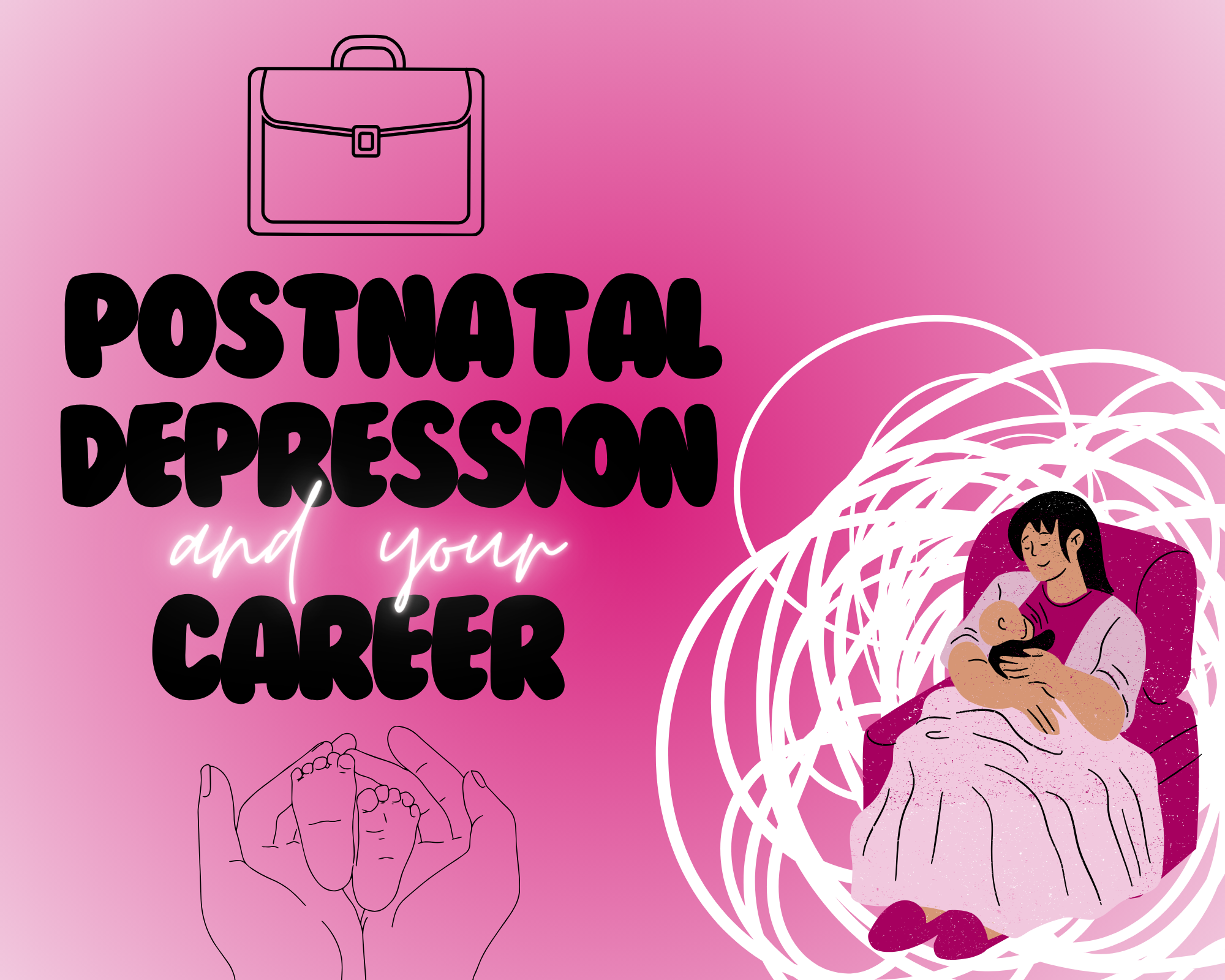There is no shortage of horror stories about working as a nurse in the UK. Werk magazine wants to help alleviate the fears and anxieties of aspiring nurses, so we have put together expert advice on how to survive and thrive in nursing.
The challenges and pressures nurses face every day are relentlessly covered in the news, from pay and conditions to the endless stream of patients needing beds.
But, last year, 24,140 young people took on the journey of becoming a nurse, according to UCAS.
Jude McKaig, 47, is a mental health nurse from Leeds who works closely with student and newly qualified nurses.
McKaig has been a nurse for over 25 years and worked across the UK, in Canada, and refugee camps in Calais: “It’s taken me in so many different directions and I am really lucky to have had those opportunities.”
“I have worked with some incredible patients over the years, really fantastic people who have made me laugh, made me cry, they have really challenged me professionally.”
She added: “I think nursing is a really good profession to be in. In fact I am trying to convince one of my children to see it as a viable option for her.”
However, McKaig knows first-hand the pressures and challenges facing nurses.
“If you are somebody that is making decisions about someone’s life and it can impact their life, the pressure and the responsibility and the privilege that comes with that is not taken lightly by nurses or any other health professionals.”
She added: “You are always aware of the pressures facing the NHS.”
McKaig said with these pressures comes a huge sense of responsibility: “I got given a pin number in 1998. It is still my pin number and you are always aware of how your pin number could be in jeopardy if you do the wrong thing.
“So you have a sense of duty and obligation once you become a nurse that makes you feel really responsible.”
McKaig explained the specific challenges student nurses face: “You will be seeing things that many of your peers won’t always be seeing. You might be working with somebody who is at the end of their life. You might see people who unexpectedly die or unexpectedly get bad news and you’re partied to all of that emotional drain as a student.”
It is a hugely difficult job, but McKaig said it is more than worth it. With her immense experience, she has plenty of advice to offer.
Her job involves working with trainee nurses and providing support if they are struggling: “When students are struggling in their placement, they or their educator will call on us and we will go out and we might just be that other sounding board to have a conversation.”
McKaig suggested student nurses speak to their lecturers or personal tutors if anything is concerning them.
McKaig said the transition from student to registered nurse can be daunting: “You are going from being a student and having educators with you all the time to suddenly being a registered member of staff with a registration number that is precious to you. I think it probably feels like it is a big moment of pressure but most organisations offer additional support during that first year so it shouldn’t feel too scary.”
McKaig says one way she handles the pressure is remembering why she does it: “Nursing is hard. It is not an easy option for people to take but it is incredibly rewarding.
“Actually, it is more than just rewarding. You get to work with people who are really passionate about their careers. You get to work with people who are at low points in their lives and you see them through to the other side and that is an amazing achievement to be able to see people through that.”
McKaig explained how it can be the small things which help a patient or their family that can be the most rewarding.
Lucia Rosella, 20, a paediatric nursing student at the University of East Anglia, agreed with this and said: “Seeing the impact I can have on people’s lives, I feel like I am giving back. Even if it’s just giving someone a cup of tea, it’s rewarding.”
She said there are many stories that will stick with her even in her short time in nursing so far, and said it’s the small things which stand out: “One mum was finding it quite overwhelming being in hospital with an ill child. She hadn’t had much sleep, and she was saying how she felt overwhelmed.
“She was watching TV in the hospital, so I got talking to her about the TV shows that were on. We then spoke about what was worrying her. She was really grateful that I found the time to listen to her concerns and that I had taken 10 minutes to talk to her. The families are equally important.”
The biggest piece of advice McKaig emphasised is to not keep your anxieties to yourself: “I think as a mental health nurse I would always say talk, talk, talk, talk, talk to people. Don’t ever keep anything that is worrying you inside, it never is good.
“It is always good to talk, and I think that is the same as a student nurse, a newly qualified nurse, or even a nurse of 25 years.”
Teresa Griffiths CBE has worked in nursing for over 39 years and helped found a charity called Nurse Lifeline.
Nurse Lifeline aims to improve the mental and emotional wellbeing of nurses and offers a free listening service specifically for nurses.
Griffiths knew she wanted to be a nurse since she was three years old and has worked in the field since she was 18. With her nursing experience and passion for helping other nurses, Griffiths offered some advice: “When you are struggling after a difficult shift, instead of focussing on what you didn’t manage to do, focus on at least 3 things that you did successfully achieve.”
Griffiths also shared important ideas to keep in mind throughout a nursing career: “Remember to be kind to your peers, your colleagues and your bosses – we are good at caring for our patients but often run out of kindness for those we work with. We are all one team.
“Remember each patient is a human being who is vulnerable, has emotions, feelings, families and friends.
“Remember everyone in healthcare is equally important – there is no clinical delivery without the cleaners, the chefs, the receptionists and so on. One team – one goal.”
For more advice on nursing as a career, read our other article here.




